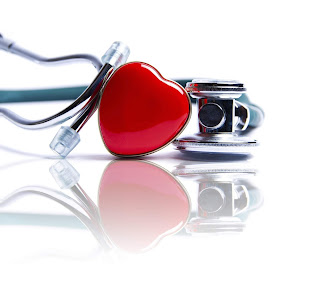Addiction prevention, treatment, and extended recovery services remain a foremost priority across the country. The battle to end the scourge of opioid misuse, abuse, and use disorder continues as lawmakers persevere to grasp for solutions. According to the Centers for Disease Control and Prevention (CDC), more than 130 Americans die every day from an opioid overdose.
The American opioid crisis began in hospitals and primary care practices, so it is only fitting that the medical community finds solutions. Putting the onus on physicians does not mean that they alone are to blame for the issues we face today. However, given the unique position providers have in communities, turning to them to effect change is logical.
In recent years, we have made some headway in curbing overprescribing, increasing naloxone availability, and expanding access to addiction treatment. Still, many doctors lack addiction science training; some are unable to identify at-risk patients and divert them to recovery resources.
While changes in prescribing practices have led to more caution and reductions, too many doctors are still doling out narcotics at alarming rates. Substance use disorder is a form of mental illness, a disease that is fatal if left untreated. As such, the nation needs more doctors who can treat opioid addiction.
Those impacted by addiction deserve compassion; they are entitled to the same empathy that someone living with diabetes receives. Educating primary care physicians (PCP) on practical approaches to handling behavioral health disorders, especially doctors in rural-America, is imperative.
Targeting the Opioid Addiction
Harvard Medical School (HMS) is an institution that appreciates the gravity of the situation and is committed to helping communities devastated by the epidemic. Thanks to a generous donation, HMS was able to launch an educational program to confront the opioid scourge in northwest Ohio.
The donation was made by Eugenio Madero, CEO of Rassini International, according to a press release. His company manufactures auto parts in Michigan and Ohio: two states severely impacted by opioid addiction and overdose.
“Given our company’s ties to communities in the Midwest, and particularly Ohio and Michigan, we wanted to contribute to this very important effort,” Madero said. Adding that, “Harvard Medical School is key to helping support impacted communities and shape public policy around this pervasive and destructive health problem.”
Last month, health care providers and policymakers attended a two-day program hosted by Northwest State Community College in Archbold, Ohio. More than 70 local physicians took part in a continuing education course on treating opioid addiction, the press release reports.
Catherine Finn, the deputy editor for Harvard Health Publishing, led the seminar which presented the latest clinical and research-based information on opioid misuse prevention and treating addiction. The course covered other important topics also, including:
- Co-occurring behavioral health disorder treatment.
- Pain management and non-medication approaches.
- Mindfulness-based practices.
“HMS appreciates the vision, leadership and support of Eugenio Madero and his family. We are so pleased with the success of these initiatives and are committed to bringing opioid awareness, treatment and prevention education to other communities,” said David Roberts, HMS dean for external education.
Southern California Opioid Use Disorder Treatment
At Hope By The Sea, our team of addiction professionals is dedicated to providing evidence-based approaches to treating opioid use disorder. If you or a loved one is in the grips of opioid addiction, then we encourage you to reach out to us for support. Opioid use disorder is a treatable condition, and long-term recovery is possible for anyone.
With our help, we are confident that the miracle of recovery can be yours too. Hope Starts Here!


